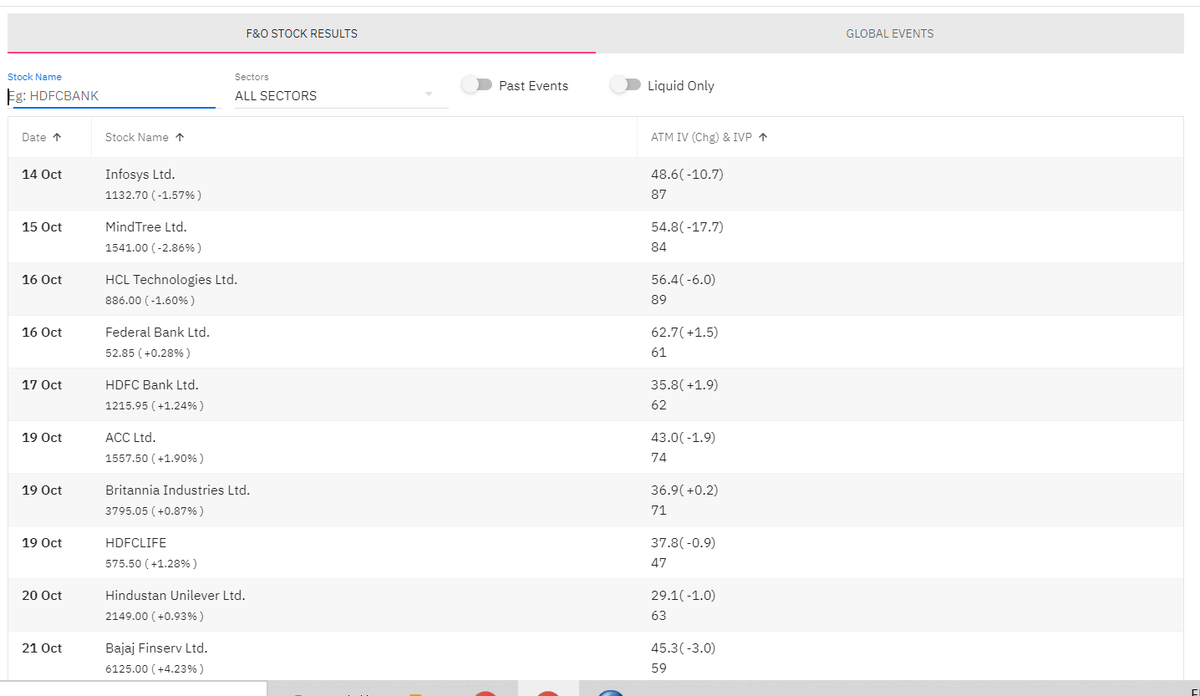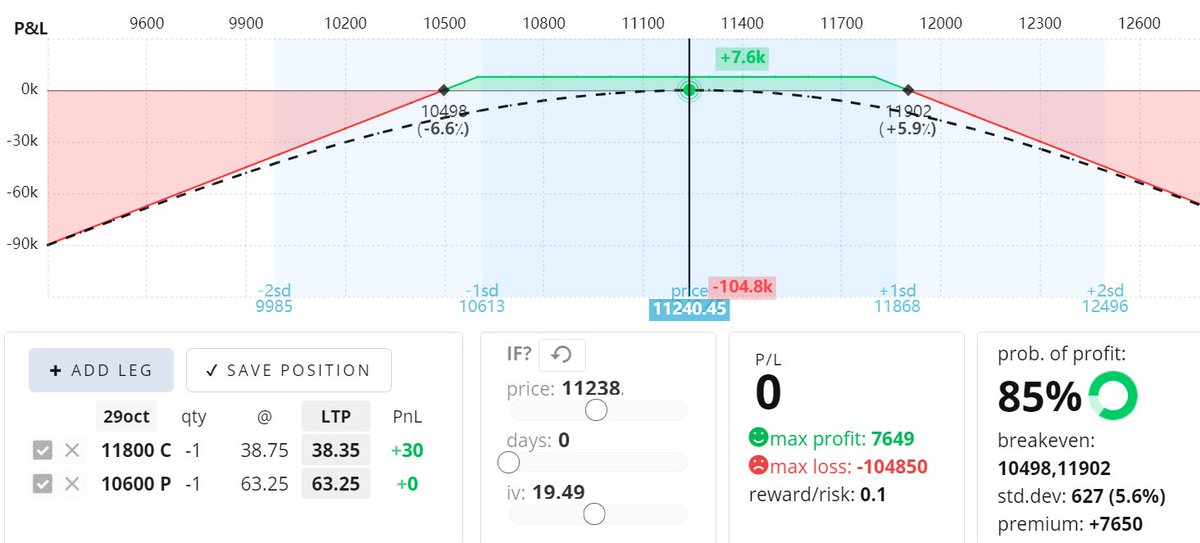A Thread.
On Popular Demand.
Trading Books and Reviews which helped me, for beginners as well as seasoned traders/investors. Will keep updating as I read more books.
On Popular Demand.
Trading Books and Reviews which helped me, for beginners as well as seasoned traders/investors. Will keep updating as I read more books.
1/n
Technical Analysis for the Rest of Us By Clifford Pistolese
One of the very first book I read on Technical Analysis.
I read this on my first semester before even opening any of my subject books in college. Has exercises at the end of each chapter to make the concepts clear.
Technical Analysis for the Rest of Us By Clifford Pistolese
One of the very first book I read on Technical Analysis.
I read this on my first semester before even opening any of my subject books in college. Has exercises at the end of each chapter to make the concepts clear.

2/n
Reminiscences of a Stock Operator By Edwin Lefèvre
This book is exhilarating biography of one of the most famous stock traders of all time – Jesse Livermore. Everything focuses on the markets, and how the narrator interacts with the markets.
Reminiscences of a Stock Operator By Edwin Lefèvre
This book is exhilarating biography of one of the most famous stock traders of all time – Jesse Livermore. Everything focuses on the markets, and how the narrator interacts with the markets.

3/n
How to Trade in Stocks By Jesse Livermore
Tape Reading. This is a must read book for any trader attempting to make it big. After reading the book, you realize it wasn't luck that was on Livermore's side but his self-discipline to be a better trader.
How to Trade in Stocks By Jesse Livermore
Tape Reading. This is a must read book for any trader attempting to make it big. After reading the book, you realize it wasn't luck that was on Livermore's side but his self-discipline to be a better trader.

4/n
Extraordinary Popular Delusions and the Madness of Crowds By Charles Mackay
Bubbles– How they are created and how they burst. The chapters on Tulip mania or The South Sea Bubble will remind the ignorant that nothing has changed in 400 years except the name of the swindle.
Extraordinary Popular Delusions and the Madness of Crowds By Charles Mackay
Bubbles– How they are created and how they burst. The chapters on Tulip mania or The South Sea Bubble will remind the ignorant that nothing has changed in 400 years except the name of the swindle.

5/n
Confusion de Confusiones [1688]: Portions Descriptive of the Amsterdam Stock Exchange By José de la Vega
An entertaining and surprisingly modern account of the Dutch East Indian Company and the Amsterdam stock exchange in their heyday.
Confusion de Confusiones [1688]: Portions Descriptive of the Amsterdam Stock Exchange By José de la Vega
An entertaining and surprisingly modern account of the Dutch East Indian Company and the Amsterdam stock exchange in their heyday.

6/n
Market Wizards By Jack D. Schwager
What do Bruce Kovner, Paul Tudor Jones and Jim Rogers have in common?
Imagine top investors explaining what they do!
Read all the books by the author and then re-read them every month or two. A must read for any trader/investor.
Market Wizards By Jack D. Schwager
What do Bruce Kovner, Paul Tudor Jones and Jim Rogers have in common?
Imagine top investors explaining what they do!
Read all the books by the author and then re-read them every month or two. A must read for any trader/investor.

7/n
Trader Vic-Methods of a Wall Street Master By Victor Sperandeo
Vic is a directional trader-he plays the short side as well as the long side without real preference between the two. This series has two books, helpful to read them both.
Trader Vic-Methods of a Wall Street Master By Victor Sperandeo
Vic is a directional trader-he plays the short side as well as the long side without real preference between the two. This series has two books, helpful to read them both.

8/n
The Inner Voice of Trading By Michael Martin
One of the best books on market psychology read and re-read. My father's recommendation to me. His favorite trader was Ed Seykota.
The Inner Voice of Trading By Michael Martin
One of the best books on market psychology read and re-read. My father's recommendation to me. His favorite trader was Ed Seykota.

9/n
Speculation As a Fine Art and Thoughts on Life By Dickson G. Watts
If you are looking for a trading system to make you millions this is not your book. If you are looking for a classic book with ageless advice, give it a read.
Speculation As a Fine Art and Thoughts on Life By Dickson G. Watts
If you are looking for a trading system to make you millions this is not your book. If you are looking for a classic book with ageless advice, give it a read.

10/n
Swing Trading By Marc Rivalland
A good introduction to swing trading using OHLC charts, moving averages and chart patterns.
Swing Trading By Marc Rivalland
A good introduction to swing trading using OHLC charts, moving averages and chart patterns.

11/n
How Markets Fail By John Cassidy
Well researched and historical describing how our free market economic policies have lead us through generations of bubbles, crisis, and other financial crisis
Read this to understand market structure.
How Markets Fail By John Cassidy
Well researched and historical describing how our free market economic policies have lead us through generations of bubbles, crisis, and other financial crisis
Read this to understand market structure.

12/n
Profit In The Futures Markets! by Jake Bernstein
Jake Bernstein fills his pages with abundant cautions, caveats and confessions.Futures trading is not an investment; it is high-risk speculation. Each strategy requires substantial time and money.
Profit In The Futures Markets! by Jake Bernstein
Jake Bernstein fills his pages with abundant cautions, caveats and confessions.Futures trading is not an investment; it is high-risk speculation. Each strategy requires substantial time and money.

13/n
The Mind of the Market By Michael Shermer
This is a lively, entertaining, useful and uneven work. Readers with knowledge of behavioral economics or negotiation will find some familiar material in this book.
The Mind of the Market By Michael Shermer
This is a lively, entertaining, useful and uneven work. Readers with knowledge of behavioral economics or negotiation will find some familiar material in this book.

14/n
Trading in the Zone By Mark Douglas
The author repeats himself.
And yet, for traders, I think this book is invaluable. Most could benefit from reading it again and again.
Trading in the Zone By Mark Douglas
The author repeats himself.
And yet, for traders, I think this book is invaluable. Most could benefit from reading it again and again.

15/n
Trading for a Living By Alexander Elder
Not a book for beginners. However, it's a book that beginners should read. You will learn that it is all about hard work, and that the folks who sell you systems are selling you fool's gold.
Trading for a Living By Alexander Elder
Not a book for beginners. However, it's a book that beginners should read. You will learn that it is all about hard work, and that the folks who sell you systems are selling you fool's gold.

16/n
Common Stocks and Uncommon Profits and Other Writings By Philip A. Fisher
When I first discovered my interest in investing, Common Stocks and Uncommon Profits is one of the first books I read. Fisher's approach requires common sense and conviction, but repeatable.
Common Stocks and Uncommon Profits and Other Writings By Philip A. Fisher
When I first discovered my interest in investing, Common Stocks and Uncommon Profits is one of the first books I read. Fisher's approach requires common sense and conviction, but repeatable.

17/n
How To Make Money Trading Derivatives By @AshwaniGujral6
Useful in the context of the Indian Stock market though the book is a little dated (it was last updated in 2006) and therefore is based mostly on historical price movements and strategies.
How To Make Money Trading Derivatives By @AshwaniGujral6
Useful in the context of the Indian Stock market though the book is a little dated (it was last updated in 2006) and therefore is based mostly on historical price movements and strategies.

18/n
How I Made $2,000,000 In The Stock Market By Nicolas Darvas
I enjoyed the story and I wasn't expecting anything too technical and that's exactly what I got. This was a tale of a not so sophisticated investing who created a basic system to help him invest his money to 2mil.
How I Made $2,000,000 In The Stock Market By Nicolas Darvas
I enjoyed the story and I wasn't expecting anything too technical and that's exactly what I got. This was a tale of a not so sophisticated investing who created a basic system to help him invest his money to 2mil.

19/n
One Up On Wall Street By Peter Lynch
A very helpful book for those who want to gain some basic knowledge about how stocks work in the financial market and how to select the best portfolio of securities.
One Up On Wall Street By Peter Lynch
A very helpful book for those who want to gain some basic knowledge about how stocks work in the financial market and how to select the best portfolio of securities.

20/n
Winning the Loser's Game By Charles D. Ellis
I didn't particularly enjoy it, I would recommend it for the average person who has a retirement account and needs to learn some basics.
Winning the Loser's Game By Charles D. Ellis
I didn't particularly enjoy it, I would recommend it for the average person who has a retirement account and needs to learn some basics.

21/n
The Disciplined Trader: Developing Winning Attitudes By Mark Douglas
Great book, and fascinating descriptions of the nature of thoughts, beliefs, emotional energy, etc. Certainly, it's helping me become more aware of my emotions in the markets.
The Disciplined Trader: Developing Winning Attitudes By Mark Douglas
Great book, and fascinating descriptions of the nature of thoughts, beliefs, emotional energy, etc. Certainly, it's helping me become more aware of my emotions in the markets.

22/n
Irrational Exuberance By Robert J. Shiller
Stock market, bond market and real estate market. When, where and why in a bubble? What is psychology's role into the markets? with historical case studies and comparison studies of trends of different markets.
Irrational Exuberance By Robert J. Shiller
Stock market, bond market and real estate market. When, where and why in a bubble? What is psychology's role into the markets? with historical case studies and comparison studies of trends of different markets.

23/n
The Greatest Trade Ever By Gregory Zuckerman
The Greatest Trade Ever is very well written and easy to follow book which describes the trades of John Paulson, Michael Burry and a few others who could see that the housing market was a time bomb, just waiting to explode.
The Greatest Trade Ever By Gregory Zuckerman
The Greatest Trade Ever is very well written and easy to follow book which describes the trades of John Paulson, Michael Burry and a few others who could see that the housing market was a time bomb, just waiting to explode.

24/n
Investing Secrets of the Masters By Charles E. Babin,
Quality financial planning/strategy book. Unlike many of the other popular books, this book shows you the statistical data to back up its claims. Not bad for a book I randomly picked out at the library!
Investing Secrets of the Masters By Charles E. Babin,
Quality financial planning/strategy book. Unlike many of the other popular books, this book shows you the statistical data to back up its claims. Not bad for a book I randomly picked out at the library!
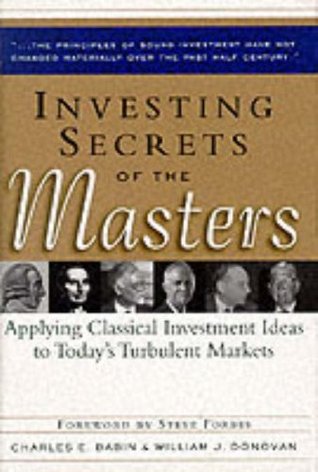
25/n
The Next Big Investment Boom By Mark Shipman
It gives insight into working of stock market, and how to recognize bubble and bust. It covers the story of some of the biggest bubbles and economic slowdowns
The Next Big Investment Boom By Mark Shipman
It gives insight into working of stock market, and how to recognize bubble and bust. It covers the story of some of the biggest bubbles and economic slowdowns
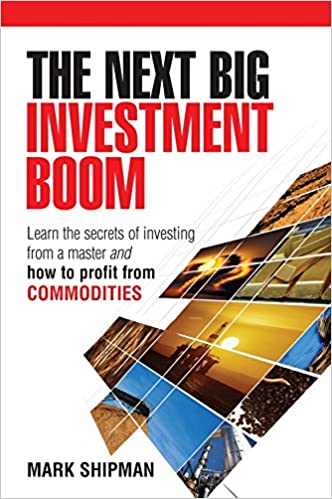
26/n
Pit Bull By Martin Schwartz,
It is an investment book that chronicles the life of Marty Schwartz, who was the top trader in the 1980s. This is an emotional roller coaster that is more about the pressures, successes and failures that high-risk investment traders live.
Pit Bull By Martin Schwartz,
It is an investment book that chronicles the life of Marty Schwartz, who was the top trader in the 1980s. This is an emotional roller coaster that is more about the pressures, successes and failures that high-risk investment traders live.
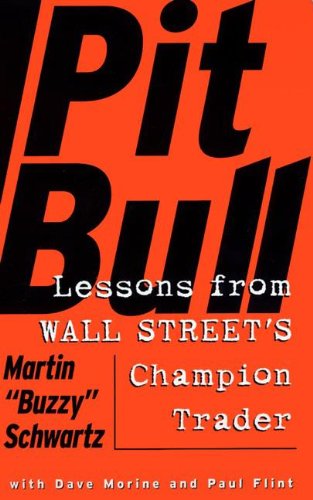
27/n
What I Learned Losing a Million Dollars By Jim Paul
Most books don't cover on any of the negatives of the stock market. This book is basically the story of a man who got lucky and was so full of himself that he lost it all when his luck ran out.
What I Learned Losing a Million Dollars By Jim Paul
Most books don't cover on any of the negatives of the stock market. This book is basically the story of a man who got lucky and was so full of himself that he lost it all when his luck ran out.
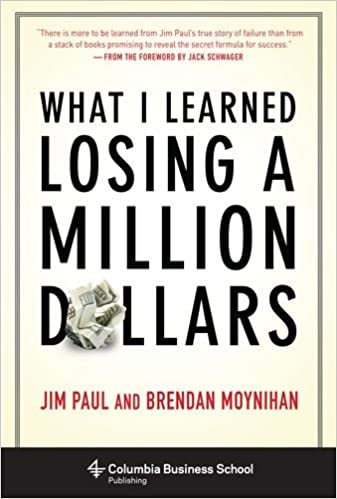
28/n
Super Trader By Van K. Tharp
Great book by Dr. Van Tharp. While he can be very detailed and heady at times (at least for me) he brings excellent insight for anyone wanting to learn the discipline of trading, form novice to expert.
Super Trader By Van K. Tharp
Great book by Dr. Van Tharp. While he can be very detailed and heady at times (at least for me) he brings excellent insight for anyone wanting to learn the discipline of trading, form novice to expert.
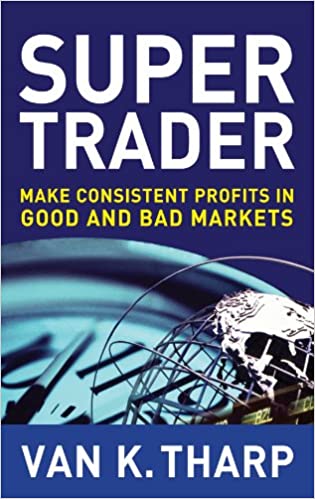
29/n
The (Mis)Behavior of Markets By Benoît B. Mandelbrot
Mandelbrot, a mathematician who has spent much of his career looking at markets. He argues that risk management techniques used by Wall Street are based on false assumptions and have been proven to fail time and again.
The (Mis)Behavior of Markets By Benoît B. Mandelbrot
Mandelbrot, a mathematician who has spent much of his career looking at markets. He argues that risk management techniques used by Wall Street are based on false assumptions and have been proven to fail time and again.
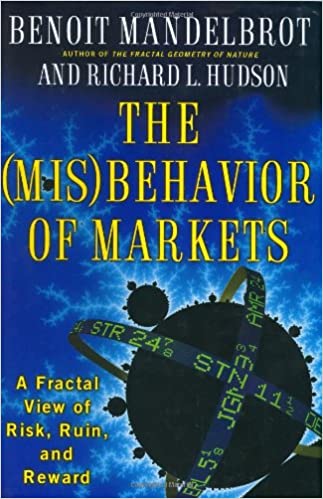
30/n
Beyond Greed and Fear By Hersh Shefrin
Fairly technical, but good insight into how behavioral finance works. I took away some reasonably applicable concepts and examples, helping to inform my understanding of why the people I help do the things they do.
Beyond Greed and Fear By Hersh Shefrin
Fairly technical, but good insight into how behavioral finance works. I took away some reasonably applicable concepts and examples, helping to inform my understanding of why the people I help do the things they do.
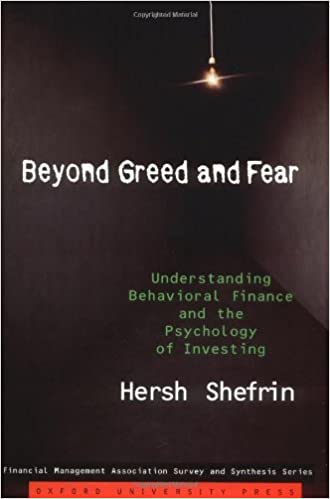
31/n
Fault Lines By Raghuram G. Rajan
Rajan distills the factors leading to the 2008 financial sector meltdown, linking the actions of govt (both US and world) and the private sector,describing the various ways they contributed to the creation and bursting of the bubble.
Fault Lines By Raghuram G. Rajan
Rajan distills the factors leading to the 2008 financial sector meltdown, linking the actions of govt (both US and world) and the private sector,describing the various ways they contributed to the creation and bursting of the bubble.
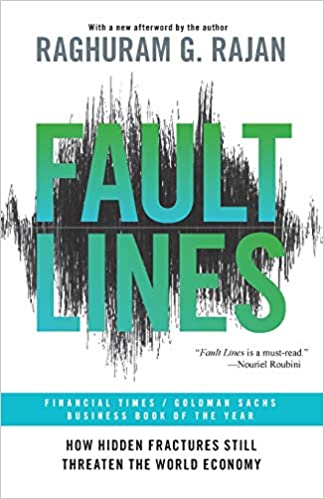
32/n
The Hour Between Dog and Wolf By John Coates
Its the analysis of the trader's metabolism which reveals the effects of the euphoria, the stress, the boredom and the heart-stopping moments of hyperactivity where "nature and nurture conspire to produce an awful train wreck.
The Hour Between Dog and Wolf By John Coates
Its the analysis of the trader's metabolism which reveals the effects of the euphoria, the stress, the boredom and the heart-stopping moments of hyperactivity where "nature and nurture conspire to produce an awful train wreck.
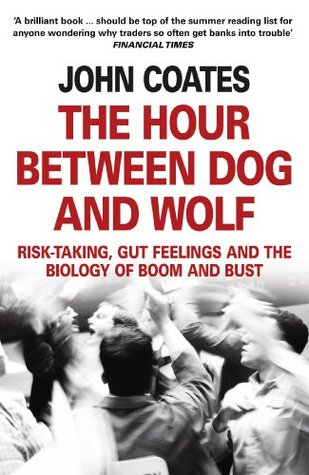
33/n
Investing in Gold and Precious Metals By Alan Northcott
It is a good book when it comes to thinking about the pros and cons of investing in gold and precious metals. Definitely, gold or silver offer great potential benefits but they also offer a wide donwside
Investing in Gold and Precious Metals By Alan Northcott
It is a good book when it comes to thinking about the pros and cons of investing in gold and precious metals. Definitely, gold or silver offer great potential benefits but they also offer a wide donwside
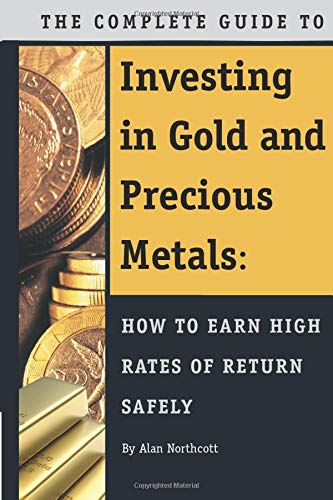
34/n
The New Lombard Street By Perry G. Mehrling
I read this book in conjunction with taking the author's Coursera class on the economics of money and banking (superb). The book also likely stands alone quite well as a work of financial and intellectual history.
The New Lombard Street By Perry G. Mehrling
I read this book in conjunction with taking the author's Coursera class on the economics of money and banking (superb). The book also likely stands alone quite well as a work of financial and intellectual history.
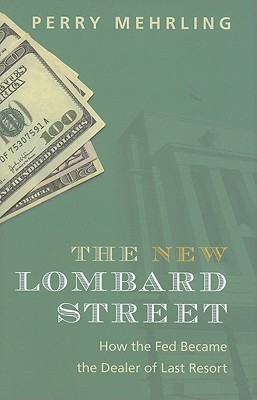
35/n
The Big Short By Michael Lewis
Michael Lewis is a very gifted writer and I find that his books are hard to put down until I've finished
This book shows how the greed of a few people and corporations adversely affects the whole society and has repercussions across the globe
The Big Short By Michael Lewis
Michael Lewis is a very gifted writer and I find that his books are hard to put down until I've finished
This book shows how the greed of a few people and corporations adversely affects the whole society and has repercussions across the globe
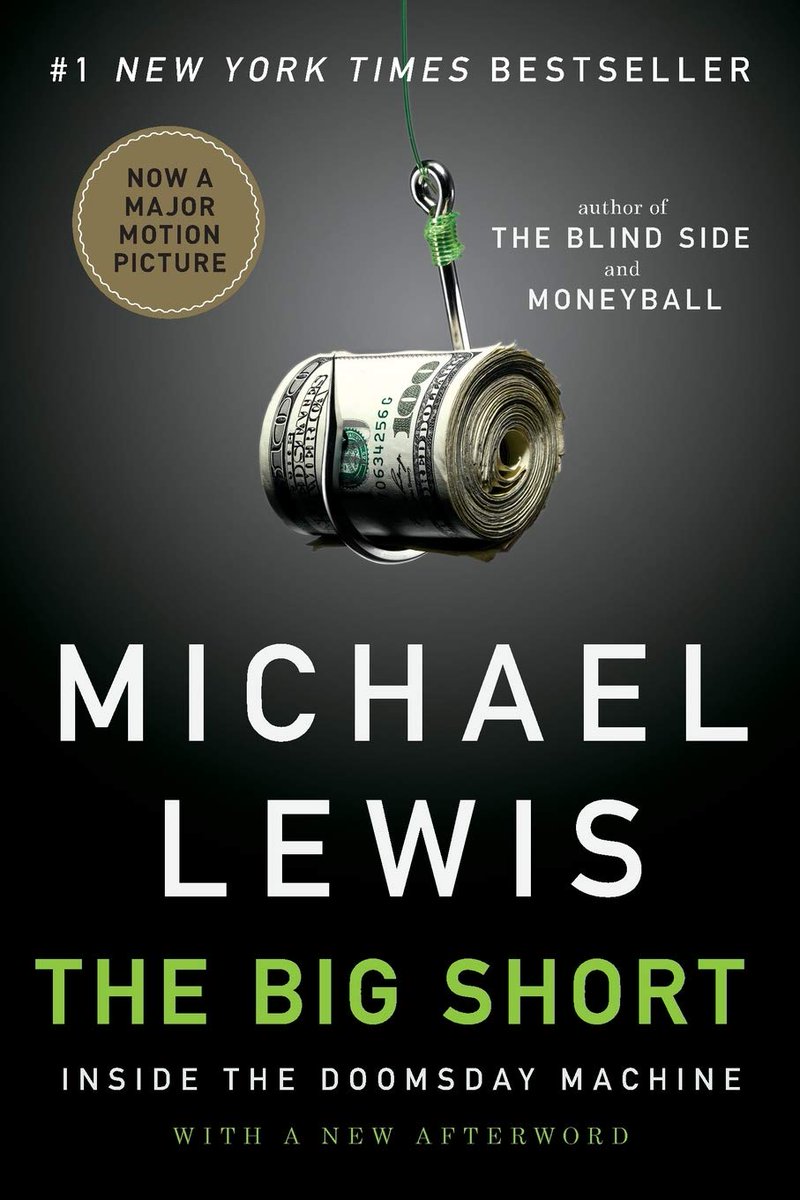
36/n
A Man for All Markets By Edward O. Thorp
A sensation. It is an autobiographical account of author's journey through his various professions that includes first as an academic professor,a blackjack player who beat the house and a hedge fund manager who beat the market
A Man for All Markets By Edward O. Thorp
A sensation. It is an autobiographical account of author's journey through his various professions that includes first as an academic professor,a blackjack player who beat the house and a hedge fund manager who beat the market
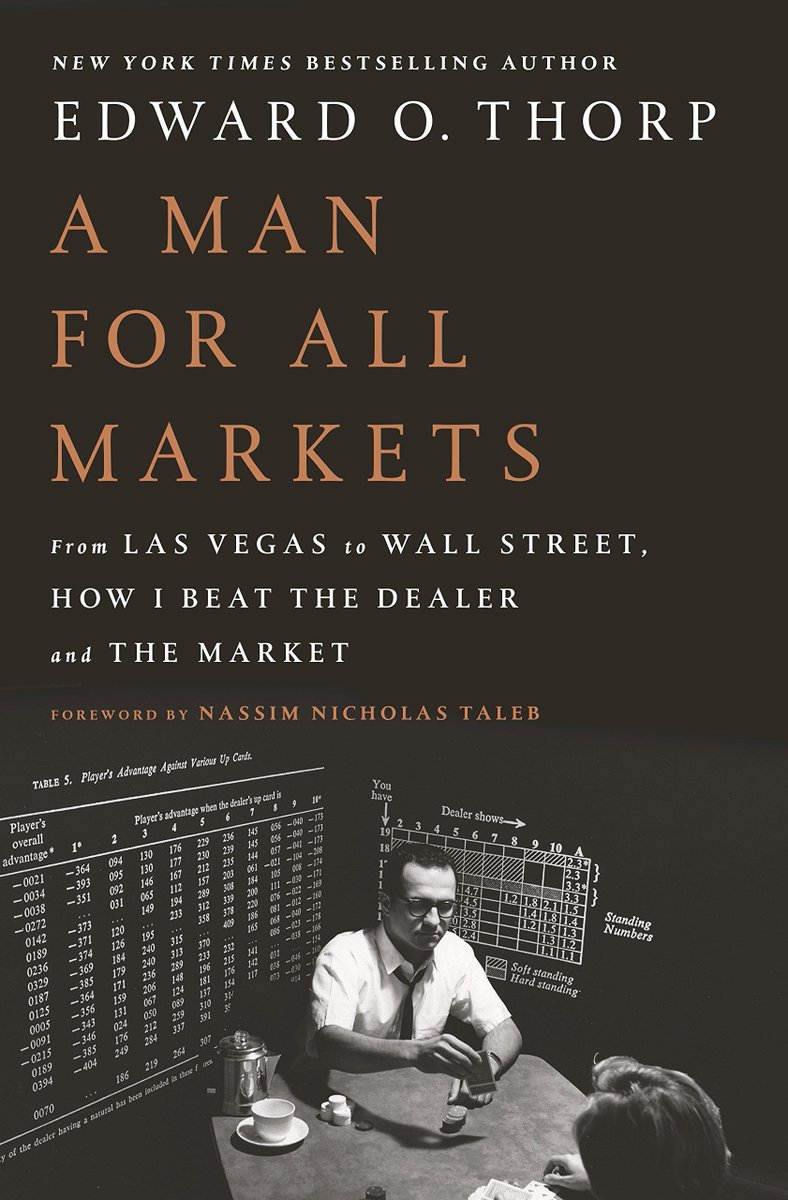
37/n
Too Big To Fail By Andrew Ross Sorkin
My obsession before WW2 used to be 2008 Financial Crisis. This book narrates real time events of credit crisis, mergers, Lehman bankruptcy as the meltdown drastically peaks and the people involved to "save" the financial system.
Too Big To Fail By Andrew Ross Sorkin
My obsession before WW2 used to be 2008 Financial Crisis. This book narrates real time events of credit crisis, mergers, Lehman bankruptcy as the meltdown drastically peaks and the people involved to "save" the financial system.
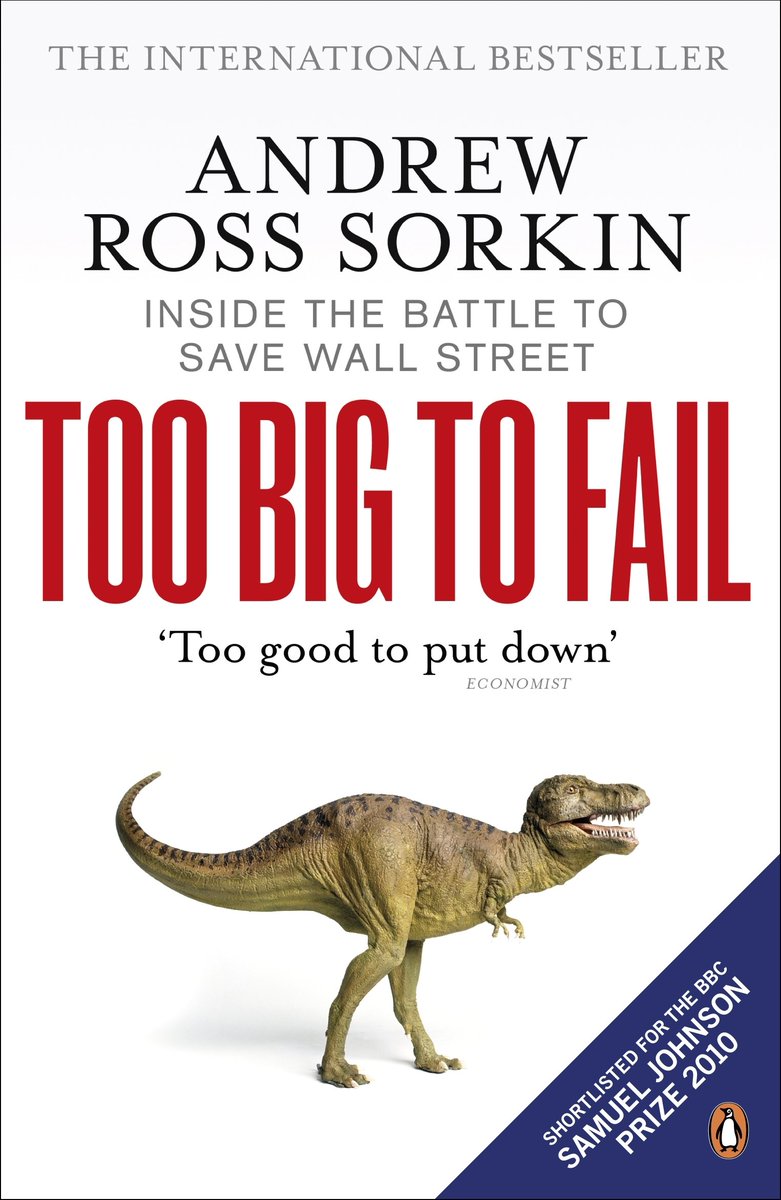
• • •
Missing some Tweet in this thread? You can try to
force a refresh


